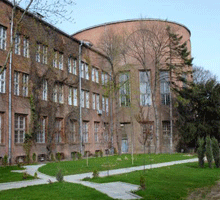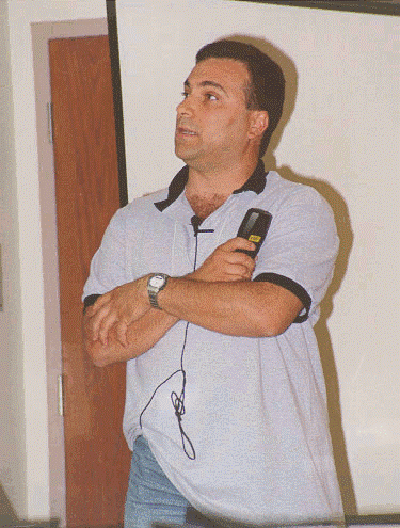
The work on the project “Design and experimental validation of chimeric antisense oligonucleotides as antibacterial agents” (BNSF grant DN13/14/20.12.2017) is completed successfully. The Princial Investigator of the project, supported by the Bulgarian National Science Fund, is Prof. Robert Penchovsky from the Faculty of Biology at Sofia University “St. Kliment Ohridski”
The project aims to design antisense oligonucleotides, directly binding and regulating the functions of riboswitches in bacterial pathogens. The riboswitches are structured RNA domains usually residing at the 5’-untranslated region of messenger RNAs that directly bind specific metabolites. They serve as logic gates regulating gene expression. As a result, riboswitches enable mRNAs to regulate their expression without the need for any regulatory proteins. If the function of riboswitches is inhibited, then the essential metabolites for the bacteria will not be synthesized by the cell or transported into the cell from the extracellular matrix. The result is the death of Staphylococcus aureus, for instance. Antisense oligonucleotides show a bacteriostatic effect and can be tested as novel antibacterial agents.
Based on this fundamental knowledge, we have developed antisense oligonucleotides that inhibit the growth of human pathogenic bacteria such as Staphylococcus aureus in vitro. These results represent a novel technology for antibiotic discovery using new targets and new tools, which is a significant development in times of increasing antibacterial drug resistance. Moreover, 15 bioinformatics applets and one bacterial riboswitch database are developed during the project that are freely available at https://penchovsky.atwebpages.com/applications.php
.
The research of the project is published in 20 publications (with an impact factor of 56 points and Q1-4 of 254 points, and 86 citations so far), participation in 3 conferences with 2 presentations and 4 posters, made 16 pieces of software, 4 Ph.D. and 1 master students - all graduated have Prof. Robert Penchovsky as a solid supervisor. All publications have Prof. Robert Penchovsky as a corresponding and leading author. This research grant is funded by 61000 EUR. For more details, visit https://penchovsky.atwebpages.com/research.php?page=13
.
The project leader, Robert Penchovsky is a full professor of molecular genetics, synthetic biology, and bioinformatics at the Faculty of Biology of Sofia University “St. Kliment Ohridski”, Bulgaria, where he obtained his Master’s degree in biochemistry and molecular genetics, and his аssociate’s degree in applied computer sciences. He earned his Doctoral degree in genetics from Cologne University, Germany, while researching microfluidics and DNA computing for the Fraunhofer Gesellschaft at Schloss Birlinghoven in Sankt Augustin (near Bonn), Germany. Prof. Penchovsky did his postdoctoral study in computational biology and RNA synthetic biology at Yale University, New Haven, CT, USA. In addition to that, he has worked for short periods as a software engineer, a biotech consultant, and a researcher of molecular biology at the Institute of Molecular Biology in Sofia, Bulgaria, and at the former Institute of Molecular Biotechnology in Jena, Germany (now Leibniz Institute on Aging in Jane, Germany). As a research and teaching faculty at Sofia University since 2010, Prof. Robert Penchovsky pioneered the teaching and research in synthetic biology and bioinformatics in Bulgaria. His publications have over 800 citations, an impact factor of over 140 points, and an h-index of 12 points. He was the supervisor of 15 research projects. In Prof. Penchovsky's laboratory, 16 master's students and 5 doctoral students have successfully defended their theses. He is the head of several master's programs in genetics and genomics in Bulgarian and English. For more details, visit https://penchovsky.atwebpages.com/index.php?page=16 .
Robert giving a talk on automated DNA selection in cascading microfluidic chambers at the DNA7 conference, USF, Tampa, Florida, the U.S.A.



